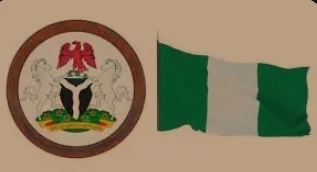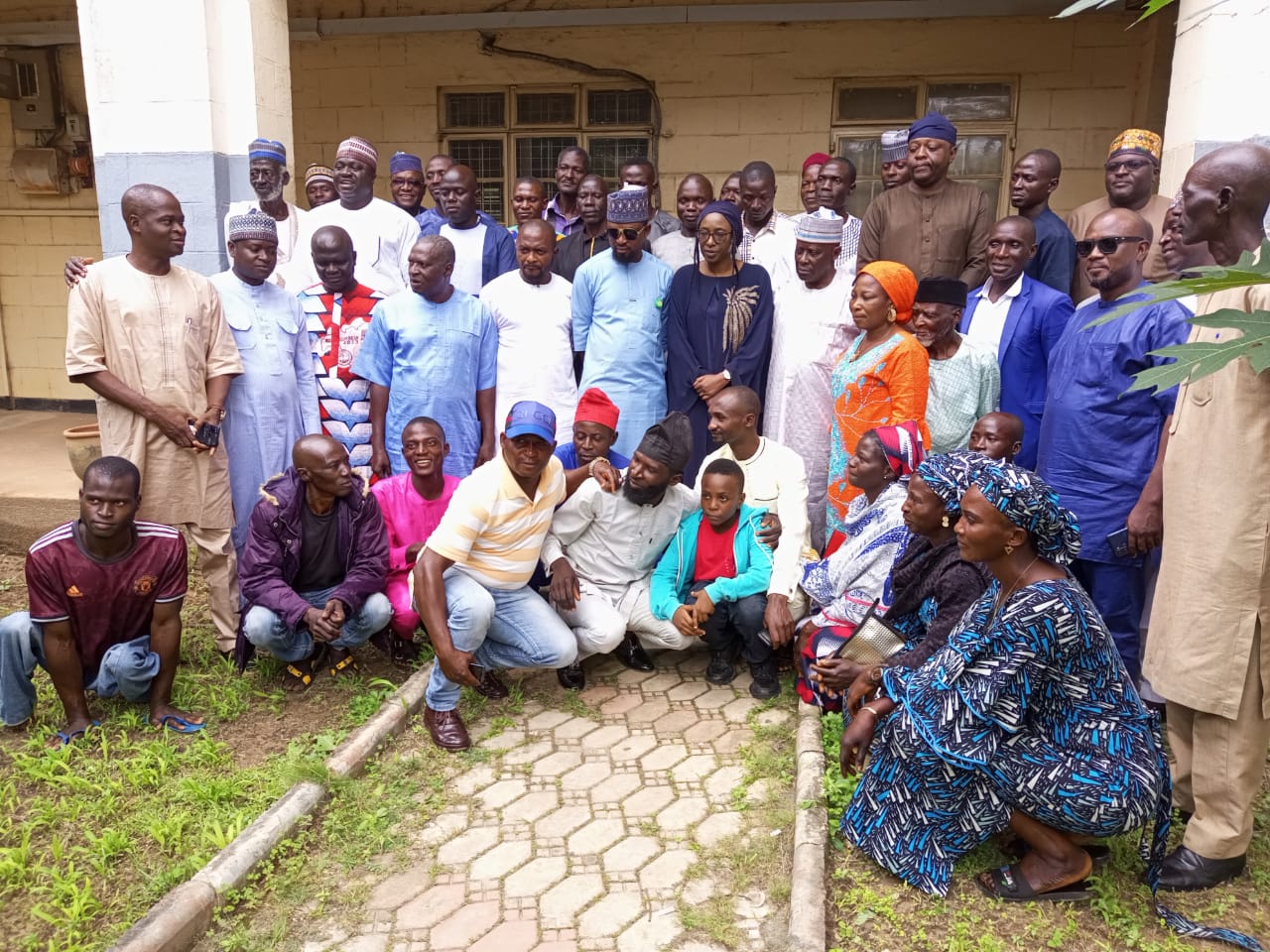By Sani Usman Kukasheka, mni
In the intricate web of human interactions, confidence emerges as the foundation upon which societies are erected, nations flourish, and progress prospers.
It embodies a guiding light that shapes our collective endeavors, crafting the dynamics of national cohesion and advancement.
Within Nigeria, a country abundant in diversity and history, confidence has played a pivotal role in bygone eras, holding the potential to pave a path toward a brighter tomorrow.
As we navigate the intricate contours of our present world, it becomes glaring that the consequences of eroding confidence are profound and far-reaching.
The absence of trust casts shadows of conflict, misinterpretation, and instability, eroding the core of societal unity among Nigeria’s multifaceted segments.
Nevertheless, beyond these ominous veils, lies the prospect of elevated national harmony, concord, and prosperity through the cultivation of trust and comprehension.
Trust, the bedrock of harmonious society, economic headway, and national solidarity, serves as the adhesive bonding diverse individuals into an integrated whole.
It encompasses the conviction in dependability, forthrightness, and effectiveness—a mutual faith that empowers collaborative efforts towards shared aspirations.
The contemporary juncture finds Nigeria at a pivotal crossroads, grappling with both the scars of mistrust and boundless prospects for unity.
In this context, nurturing trust surfaces as a panacea for prevailing disputes and misconceptions, simultaneously acting as a vital catalyst for security, prosperity, and international relevance.
Charting a Course for National Reconciliation.
A glimpse into history unveils Nigeria adorned with intricate links of trust.
Merchants entrusting their goods and offspring to business associates across regions stood as a hallmark of cross-cultural alliances and mutual interdependence over recent decades.
Communities embraced the values of inclusivity and hospitality, fostering an environment where trust served as the currency of interaction.
However, the present epoch places us on a different trajectory.
Amidst speculations, apprehensions, and the inundation of misinformation, the erosion of trust is palpable.
The unraveling of these essential bonds is evident in the swift resort to religion and ethnicity in national discourse, overshadowing the broader perspectives that should unify us.
The ramifications of this trust deficiency are severe. Once united under the banner of harmony, the cacophonous notes of ethnicity and religion now reverberate with discord.
The aftermath of the EndSARS movement and the last general elections spotlighted the schisms within the national fabric, exposing a landscape marred by primordial sentiments, self-serving inclinations, and a forfeiture of collective identity.
This critical juncture necessitates the reevaluation of our societal principles and an introspective odyssey towards reconstructing the trust that underscores our national progress.
Pioneering Trust in Nigeria’s Landscape.
The question arises why has trust waned, and who bears responsibility? The unbridled proliferation of false data and counterfeit news across social media play a role, often magnifying political, religious, and cultural biases.
To navigate our multifariousness, we must champion shared values that transcend our disparities.
Illustrations abound of nations embracing their diversity to forge national harmony.
Their accomplishments underscore the paramount role of the state and its citizens in sculpting a harmonized narrative.
The state must not only govern but also instill trust through transparent administration, impartial justice, and all-encompassing policies.
In tandem, citizens are entrusted with fostering a culture of empathy, openness, and cooperation.
Illuminating the Path to Restored Trust.
To alter our course, united endeavors are indispensable. National orientation, public education, and enlightenment campaigns will function as guiding stars, steering our collective ethos.
The revival of neglected sports as a unifying force stands as an imperative, paralleled by the strengthening of institutions such as the National Orientation Agency (NOA) and the National Youth Service Corps (NYSC).
By promoting cultural exchange initiatives and inter-ethnic unions, we lay the cornerstone for an inclusive Nigeria.
Overcoming Obstacles for a Unified Nigeria.
Government ministries, departments, and agencies—particularly those of information and culture, youth, sports, the Nigerian Institute of Public Relations (NIPR), civil society organizations, and other professional bodies—play a pivotal role in spearheading initiatives to foster a sense of belonging and unity.
Effective governance, coupled with incentives for inter-ethnic unions, will weave a tapestry where diversity is celebrated rather than condemned.
Our media must undertake a transformative role by amplifying cultural practices that nourish unity, steering clear of divisive tendencies.
Forging Unity through Rekindled Trust.
Yet, the journey to restored trust is strewn with hurdles.
The chasm between citizens and authorities demands bridging, necessitating timely, truthful, and transparent information dissemination.
The government can foster a culture of responsiveness that bolsters trust by leveraging modern communication channels, encompassing mainstream and unbiased social media platforms, as well as credible non-partisan organizations and associations.
While this endeavor may prove arduous, the rewards are immeasurable—a united Nigeria founded on integrity and trust.
Within our nation’s tapestry, trust represents the radiant filament that stitches hearts and intellects together.
By embracing the collective heritage bequeathed by our forefathers and the shared principles that bind us, Nigeria can transcend its ongoing challenges, emerging as a beacon of unity, resilience, and advancement on the global arena.
With trust as our cornerstone, we mold a future where national progress and security prosper, prosperity is distributed equitably, and our collective identity stands firm against the currents of discord.
In Unity We Thrive!
The writer, Sani Usman Kukasheka, is a public analyst, strategic communication expert, and security consultant based in Abuja. He can be contacted via email at usmanusk@yahoo.com or through his Twitter handle, @skusman.










